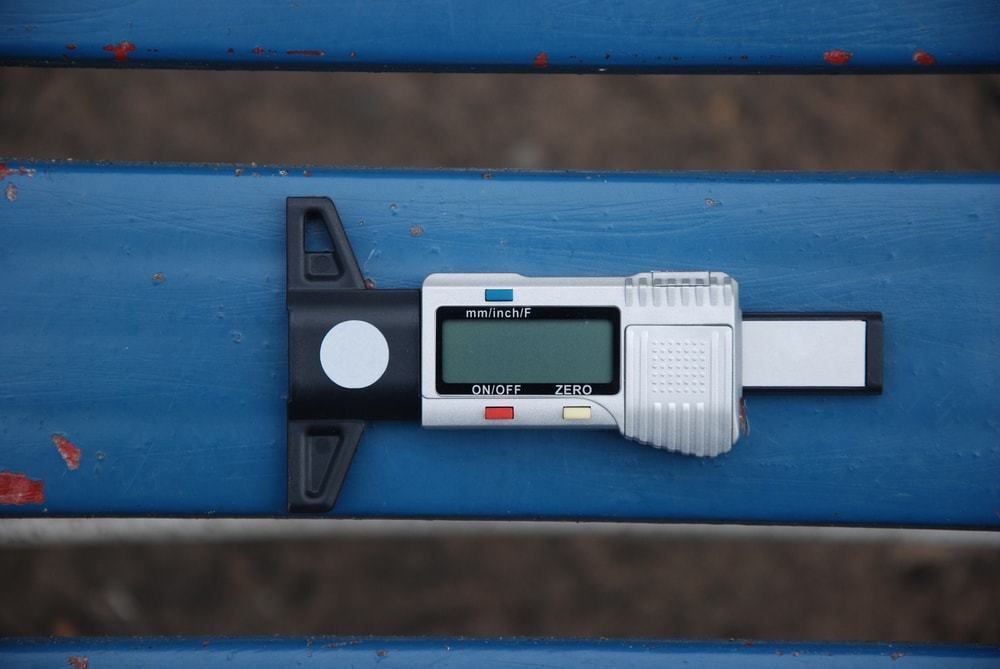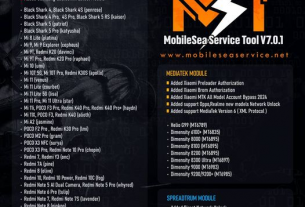Are you looking for a reliable depth measurement tool that can help you get accurate readings quickly and easily? Look no further than this comprehensive guide, which covers everything from the basics of depth measurement to the latest technology and tools available on the market.
In this article, we’ll explore the different types of depth measurement tools, their features and benefits, as well as tips on how to choose the right one for your needs. Whether you’re a professional contractor or a DIY enthusiast, you’ll find plenty of useful information here to help you make informed decisions about your next purchase.
So let’s dive in and discover everything there is to know about depth measurement tools!
[h2]What is a Depth Measurement Tool?[/h2]
A depth measurement tool is essentially any device or instrument used to measure the distance between two points at different depths. These measurements are typically used in construction, carpentry, metalworking, and other industrial applications where precision is essential.
[h2]Types of Depth Measurement Tools[/h2]
There are several types of depth measurement tools available on the market today. Let’s take a closer look at some of the most popular options:
1. Tape Measure
The tape measure is perhaps the most common type of depth measurement tool. It consists of a long ribbon-like material marked with measurements in either imperial or metric units. Tape measures come in various lengths and widths to accommodate different jobs.
One advantage of tape measures is that they are relatively inexpensive and easy to use. However, they may not be suitable for measuring very small or precise depths.
2. Vernier Calipers
Vernier calipers are another popular type of depth measurement tool. They consist of two jaws that can be adjusted to fit around an object, allowing you to take accurate measurements of its dimensions.
Some vernier calipers also feature digital displays that show the measured values directly, making them more convenient and accurate than traditional calipers.
3. Depth Gauges
Depth gauges are specialized tools designed specifically for measuring depths. They consist of a long probe with a calibrated tip that can be inserted into holes or other tight spaces to take readings.
Some depth gauges also feature digital displays that show the measured values directly, making them even more convenient and accurate.
4. Laser Distance Meters
Laser distance meters are high-tech depth measurement tools that use laser beams to accurately measure distances up to several hundred feet away. They are ideal for large-scale construction projects or any application where extreme precision is required.
[h2]Factors to Consider When Choosing a Depth Measurement Tool[/h2]
When choosing a depth measurement tool, there are several factors you should consider. These include:
1. Accuracy: The most important factor when choosing a depth measurement tool is accuracy. You want to make sure that the tool you choose can provide precise measurements every time.
2. Ease of Use: Another important factor is ease of use. You want a tool that is easy to read, easy to adjust, and easy to operate, especially if you’re working in tight spaces or difficult conditions.
3. Durability: A good depth measurement tool should be durable enough to withstand heavy use and abuse without breaking down.
4. Price: Finally, price is always a consideration when choosing any tool or equipment. You want to find a balance between quality and affordability, so you get the best value for your money.
[h2]Benefits of Using a Depth Measurement Tool[/h2]
Using a depth measurement tool offers many benefits, including:
1. Increased Accuracy: By using a specialized tool designed specifically for measuring depths, you can achieve much greater accuracy than with other methods.
2. Time Savings: Using a depth measurement tool can save you time and effort compared to manual methods like counting rotations on a screw thread or marking off increments on a tape measure.
3. Versatility: Depth measurement tools come in many shapes and sizes, making them suitable for a wide range of applications.
4. Professional Results: By using a depth measurement tool, you can achieve professional-level results that are consistent and reliable.
[h2]Conclusion[/h2]
In conclusion, choosing the right depth measurement tool is essential if you want to achieve accurate and reliable measurements in your work. Whether you’re a professional contractor or a DIY enthusiast, investing in a high-quality depth measurement tool can help you save time, effort, and money while achieving professional-level results.
So take some time to research the different types of depth measurement tools available on the market today, consider your specific needs and requirements, and choose the one that best suits your needs. With the right tool at your disposal, you can tackle any job with confidence and precision.
References
1. https://en.wikipedia.org/wiki/Depth_gauge
2. https://www.homedepot.com/b/Tools-Hand-Tools-Measuring-Tools-Digital-Calipers/Laser-Distance-Meter/N-5yc1vZc95oZ1z0mhtp




